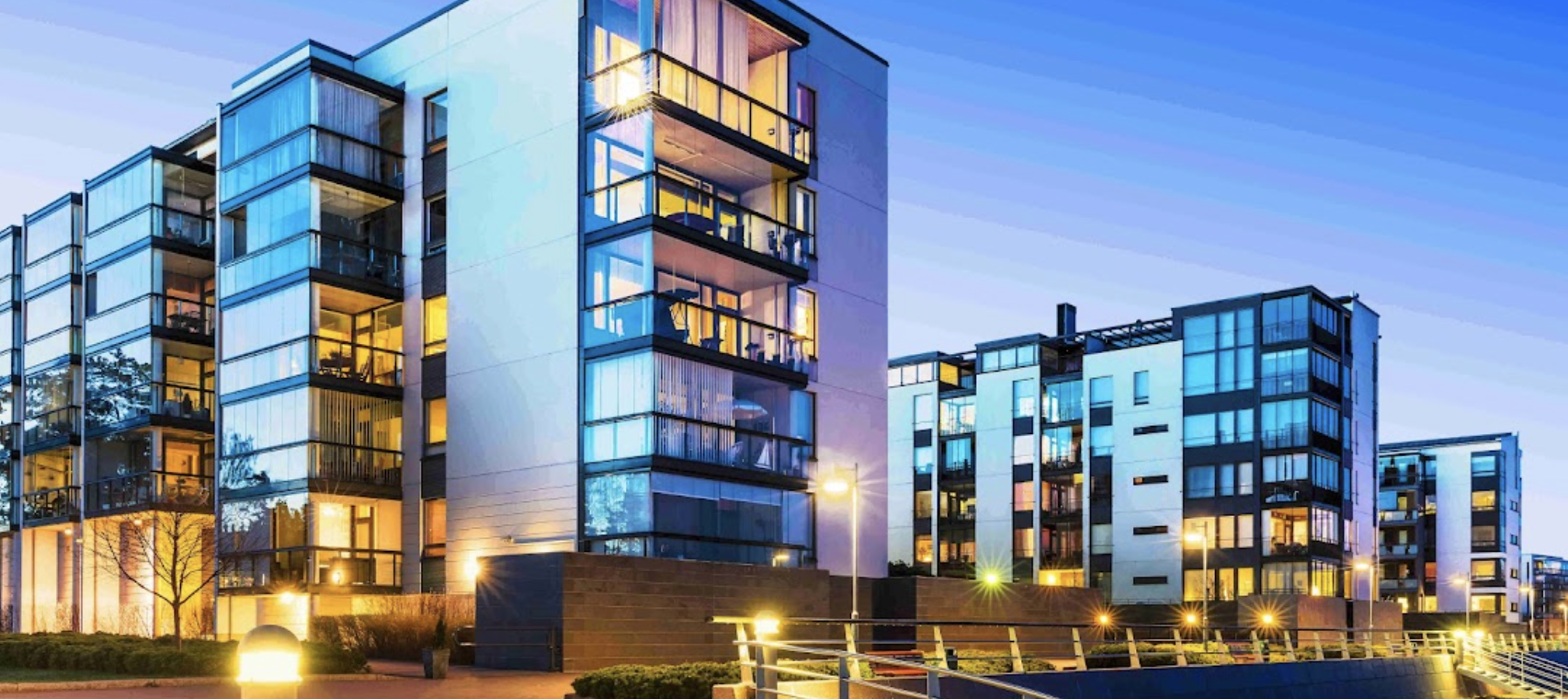hmo mortgages 2020
This can give the term "unlicensed HMOS" a negative meaning, suggesting they are illegal or fleecy. Owners, local authorities and lenders call these smaller HMOs multi-lets or "HMOS Not Requiredly To Be Licensed", also known as "nonlicensable HMOs".


